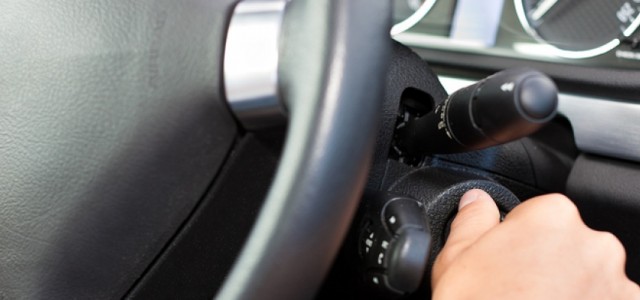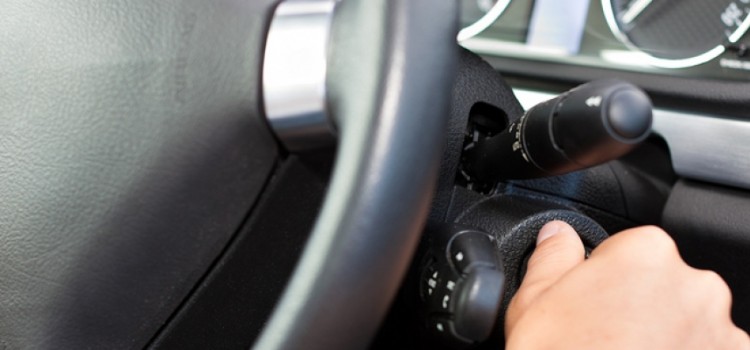

Most of us know how to drive a car. A few of us are even expert car racers. But not many of us are car mechanics. That means whenever our car doesn’t start, we are in a quandary on what to do.
Call the Mechanic
Well, the first thing that we usually do is to call the car mechanic such as those employed by Express or Firestone car repair services. He should know what happened to our car and why it wouldn’t run. But actually, the majority of car problems fall into the category of the ‘no start engine’.
Car Engine Operation
In order to start a car engine, three things must occur inside the engine: fuel must be introduced inside the engine’s cylinders, this fuel must be compressed, and it must be ignited by a spark so that it will burn.
The fuel is compressed through the action of the crankshaft rotation and pistons moving up and down the cylinders of the engine which is inside the engine block. If there is any failure in the timing belt or the timing chain, no fuel compression will occur since the crankshaft is not rotating.
Therefore, proper maintenance is vital to the efficient operation of a car. In the car industry this is called regular engine tune up.
Most Common Causes of a No Start Engine
The most common problem car owners encounter is that they can’t run their cars because the engine just won’t start. In reality, this is a car problem that you can easily fix, if you know how. By reading this article, you will know the reasons why a car engine won’t start and thus be able to apply the necessary measures to fix it.
Causes of a No Start Engine
If your car doesn’t start with the flick of the ignition key, this may be due to one of the following reasons:
1. A defective fuel pump
The engine needs fuel to run it and if the fuel doesn’t reach the cylinders, there will be no burning of fuel that will take place, and therefore, the engine won’t start.
2. Crankshaft angle sensor is shorted out
If this occurs, the engine will not start since the sensor cannot give feedback information to the engine computer. Unfortunately, this problem is not usually picked up by the car computer or PCM.
3. Shorted fuses
A shorted fuse will not allow electric current to pass through the ignition line therefore the car engine won’t start. The purpose of these fuses is to protect the electrical lines, therefore, if they are shorted, that means there is a problem in the car’s electrical circuit.
4. Broken car components such as broken chain, broken piston connecting rod, or broken timing belt
Once you’ve put the ignition key in crank position and the engine produces strange noises and won’t start, there is an internal engine damage that occurred preventing the car’s engine from starting.
5. Injector pulse failure
Your car will not start if the injector pulse fails. You need to constantly monitor the fuel injector pulse if you are having problems in starting your engine.
6. Ignition switch or main relay failure
Your car’s computer system uses a steady supply of voltage to operate. If your ignition switch or main relay fails to operate, your engine will not start.
7. Ignition system failure
Any problem that occurs in the ignition system, your car engine won’t start. This system is used to ignite the fuel/air mixture inside the cylinders of your engine. If it does not ignite this mixture, nothing will happen.
8. Faulty condition of the spark plugs
If the spark plugs are not in good condition, i.e. they are covered with fuel or soot; your engine may not start. Cleaning the spark plug may solve the problem.
9. Feedback sensor short circuit
If the feedback sensor of your car is short circuited, it can lock the car’s computer system, and your engine won’t start. There are car feedback sensors that are susceptible to extreme heat or cold such as the oxygen or coolant sensor.
10. Main car computer failure
When the main computer of your car fails, your car engine will not start. The car’s main computer or PCM (powertrain control module) controls everything in your car, including its fuel system, ignition system, emission system and transmission system.
The Best Practices
If you will take your car to the mechanic for testing and repairs, you will notice that he will go about solving your no start engine problem in this manner.
- He will start by checking the easiest systems.
- He will examine the engine cranking patterns to determine if there is any malfunctioning in the system.
- Once he determines the real cause of the problem, he will use quality replacement parts (if he needs to replace any part) to make sure that your car won’t have starting problems in the future.

No comments so far.
Be first to leave comment below.